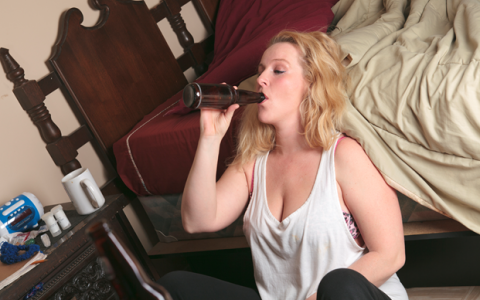Opportunities to be healthy … are related to the unequal distribution of power and resources. Differences in early childhood experiences, education, work conditions and employment opportunities, housing and living conditions influence exposure and vulnerability to a range of potentially health-damaging behaviours and conditions, including risky alcohol use.
Inequalities and Alcohol Addiction
Professor Ann Roche, Victoria Kostadinov, Jane Fischer, Roger Nicholas
The National Centre for Education and Training on Addiction (NCETA), Flinders University, was commissioned by VicHealth to undertake a literature review of alcohol consumption and related harms from a social determinants and inequalities perspective. The review was undertaken within the context of the Fair Foundations: The VicHealth Framework for Health Equity. This framework describes how individuals' social position and health and wellbeing outcomes are influed by:
- Socioeconomic, political and cultural status
- Daily living conditions
- Other health-related factors.
This project builds on NCETA’s work in this area over the past decade including running two national conferences on Inequalities and Addiction.
While Australia has extensive data on alcohol and alcohol-related issues, relatively little work has been undertaken from a social determinants perspective. This review examined factors which influence individuals’ health and wellbeing outcomes. It used the three layers of influence to examine the evidence base regarding inequalities in alcohol consumption and alcohol-related harms; presented findings on interventions with potential to address alcohol-related inequalities; identified gaps in current practice and knowledge; and, formulated recommendations and practical options to reduce the level and unequal distribution of alcohol-related harm in Australia.
Age, sex, Indigenous status, being in prison, living in a rural area, and socioeconomic status (SES) are all associated with risky levels of alcohol consumption and related harms. Therefore, it is necessary to consider the equity implications in conjunction with the best available evidence when formulating alcohol policies to ensure the policy choices:
- Do not make inequities worse
- Reduce inequities in harm.











